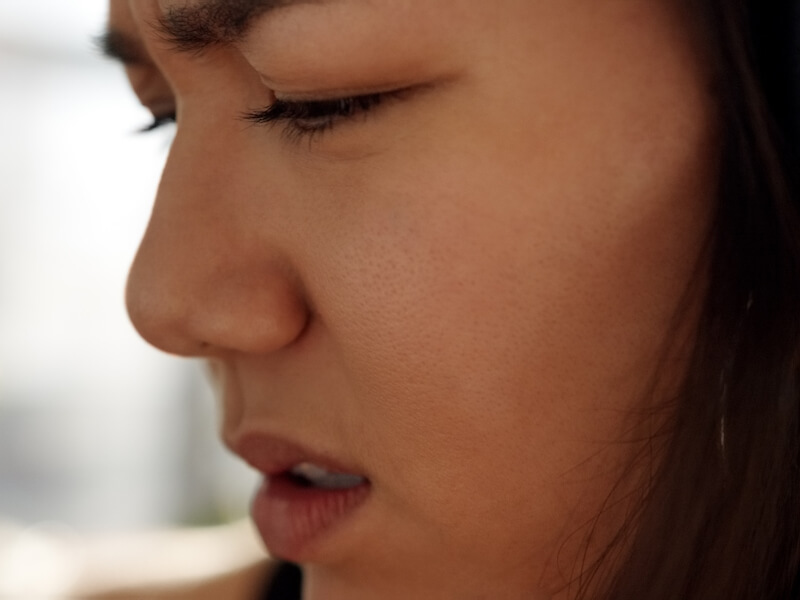
As you probably know, prolonged periods of stress aren’t good for the body. When you are afflicted by acute stress, everything from severe muscle aches to headaches can be the result. But tinnitus, a clicking, buzzing, or ringing in the ears can also be the result.
Tinnitus can be triggered by various different health factors, such as stress, sinus infections, or loud noises. Let’s have a look at some potential causes.
How to Distinguish Unhealthy Stress
How does stress relate to tinnitus? It’s often easy to neglect how extreme the medical impact of stress can be on our bodies. Neglecting stress isn’t a good idea.
Healthy Stress
Temporary stress can actually be a very motivating factor when it comes to completing duties. Stress can provide a boost of energy and adrenalin to complete tasks and projects that really need to get done.
But temporary, healthy stress and long term, unhealthy stress are two very different things. Healthy stress helps you reach a goal without damaging your body. Unhealthy stress is hazardous for your body.
Unhealthy Stress
Unhealthy stress is caused by the fear of something that, generally, never in fact happens. When an individual stays in a heightened state of anxiety, the result is usually unhealthy stress.
In hazardous situations, the fight or flight response is a normal reaction but it also relates to unhealthy stress. When an individual remains in a hyper-stressful condition for a long period, it can lead to harmful physical symptoms.
Worrying
Unhealthy stress is commonly caused by worrying. We may exaggerate the importance of a situation or an interaction with another person. We may tell ourselves we ruined a chance at a promotion because of something we said. Excessive worrying can lead to invasive, apparently uncontrollable thoughts.
Intrusive Thoughts And Unhealthy Stress
We may worry about what we couldn’t accomplish today and fret over what we need to get done tomorrow. Fixation, unending internal dialog, and even panic are a typical part of this type of stress. If we don’t take some positive steps to manage this stress it will keep wearing down our body.
Normally, unhealthy stress impacts the upper part of the body by producing muscle tension and pain. Affected areas may include the head, neck, jaw, or shoulders.
Anger And Jaw Tension
Have you ever heard someone describe their anger as jaw clenching? Jaw strain is a prevalent symptom of stress, worry, anger, and intrusive thoughts.
Continuous strain can put pressure on the fragile bones of the inner ear and eardrum. Ringing in the ears can be the consequence.
Ear Strain And Sinus Infections
Sinus infections cause lots of undesirable symptoms, from a soar throat to a stuffy nose.
Sinus pressure, headaches, and pressure in the ears are common symptoms of a sinus infection. These issues can produce buzzing, clicking, or ringing in the ears.
During a sinus infection, your nasal congestion frequently spreads to your ears. This can create excess earwax, which causes clogged ears and intense pressure on the eardrums. Pressure on the fragile bones of the inner ear can cause tinnitus symptoms.
If the ringing is triggered by a sinus infection it will probably clear up by itself and you won’t need to consult a hearing professional. But you should absolutely schedule an appointment with us if the ringing lasts for more than a few days.
Prolonged Exposure to Loud Noises
The intermittent music performance is probably not going to cause lasting ear-ringing. However, you could be putting stress on the delicate parts of your ear if you routinely expose yourself to extremely loud sound.
When you expose your ears to loud noises frequently, your eardrums and the bones of the inner ears are put under a great deal of strain, which can result in buzzing, ringing, or clicking.
Above and beyond tinnitus, temporary or even permanent hearing loss can be the result of continued exposure to loud sounds. It’s crucial to protect your ears from the elements and listen to music at a reasonable volume level.
Protecting Your Hearing
Tinnitus is not something you should neglect regardless of which one of these is the cause. It’s best to have your ears checked by a hearing professional on a regular basis. If you think the ringing in your ears has a serious hidden medical cause, you should have them examined for your peace of mind.
[blogcta]
